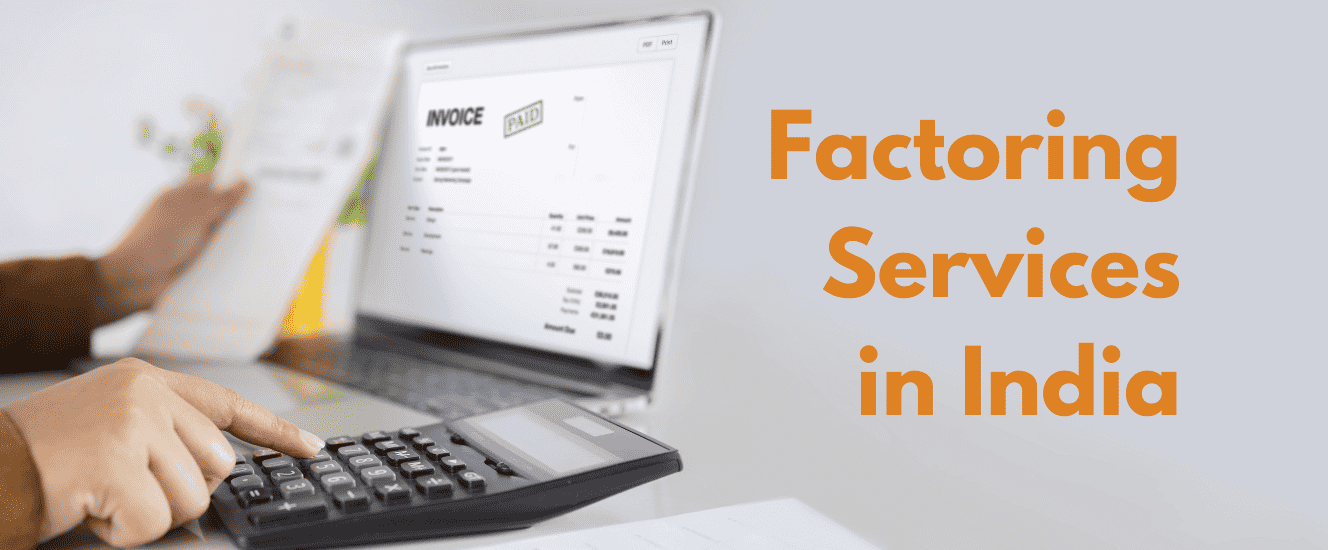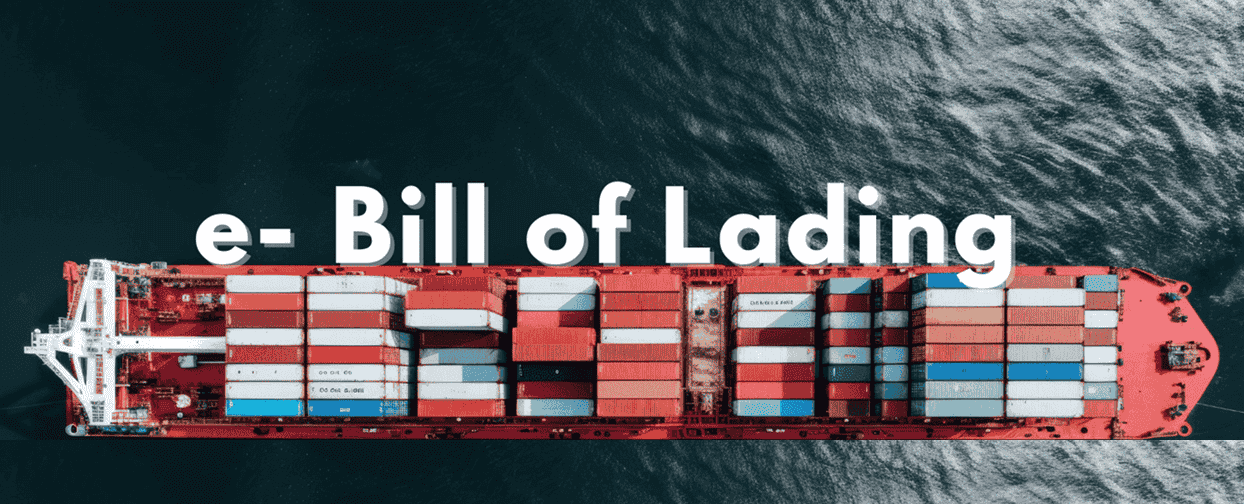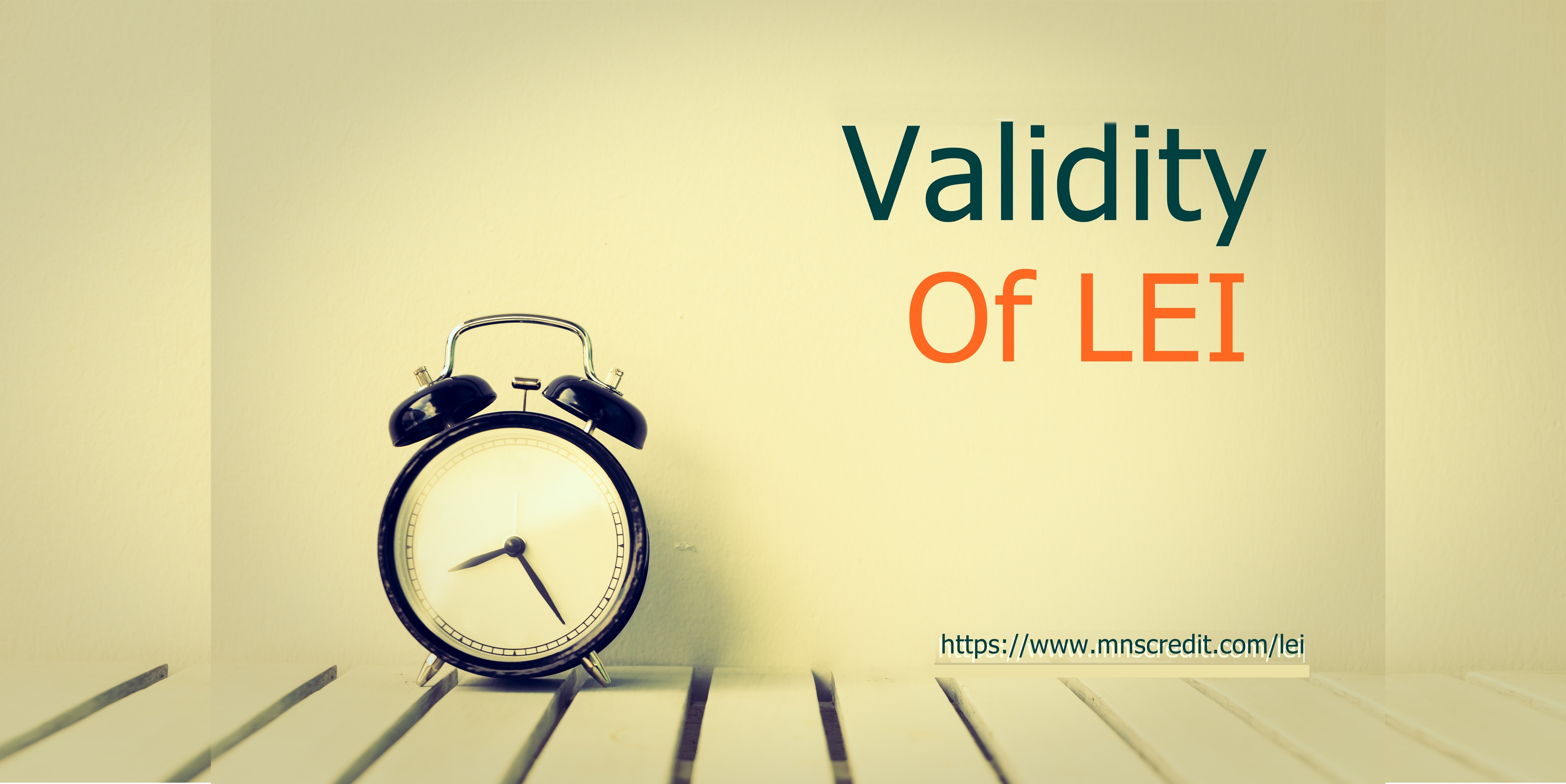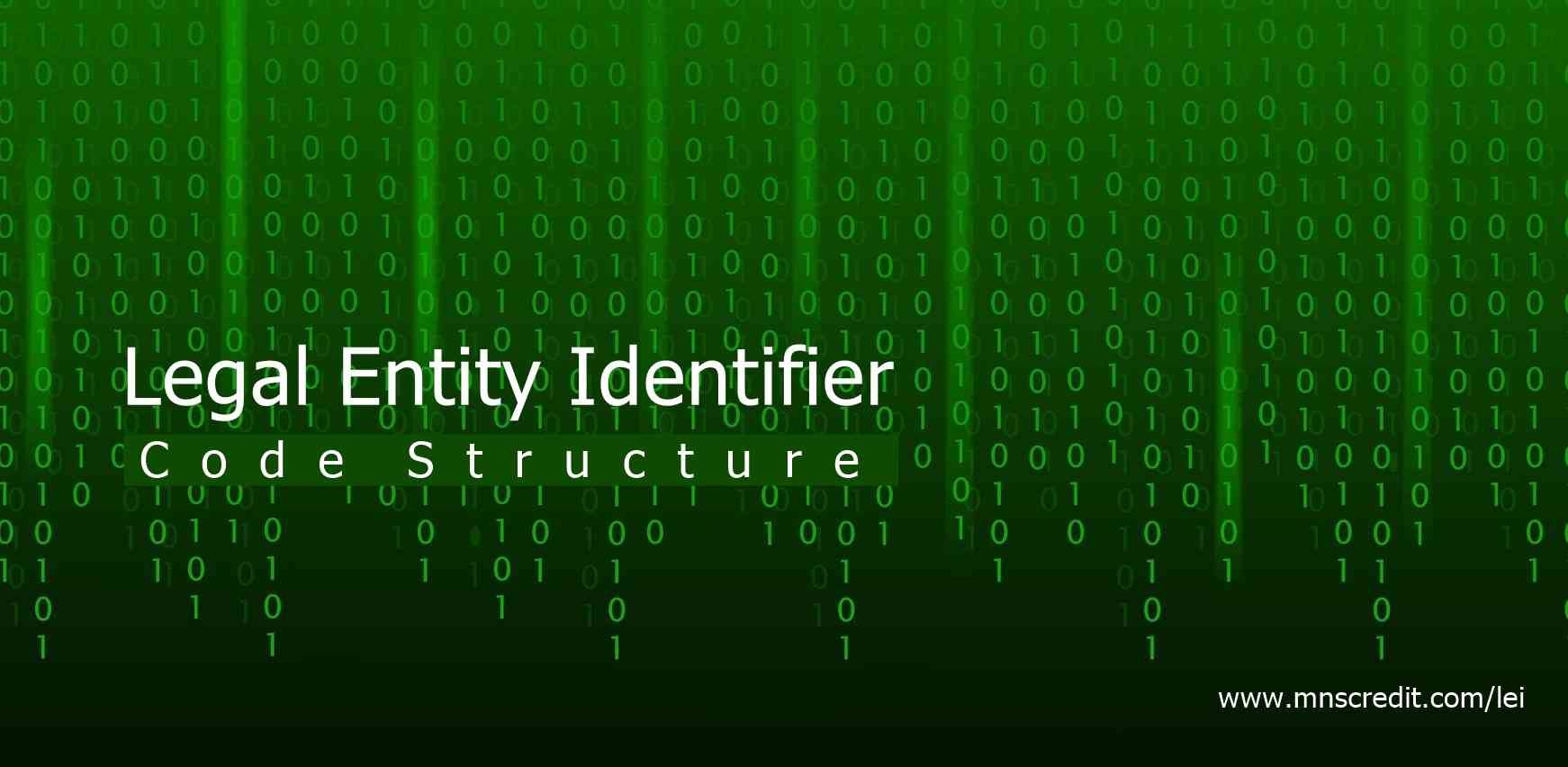Debt collection agencies in the United States operate in one of the most dynamic and tightly regulated financial environments in the world. As consumer behavior, digital communication, and federal regulations evolve, collection agencies must constantly adapt to maintain compliance and efficiency.
1. The Compliance Maze
Every phone call, message, and letter must follow strict laws. One misstep — a wrong call time or an unclear message — can turn into a lawsuit. It feels like walking on thin ice every day.
2. Hard-to-Reach Consumers
People rarely answer unknown numbers anymore. Some switch phones or change addresses, making it difficult to even find the person who owes the debt.
3. Data Chaos
Agencies often receive incomplete or outdated data from creditors — wrong phone numbers, incorrect balances, or old account details.
4. Rising Costs
From maintaining call centers to hiring trained agents, operational expenses continue to rise.
5. Reputation Problems
Many consumers assume debt collectors are aggressive or unfair, making communication tense even before the conversation begins.
1. Turning to Technology
Modern agencies now use AI-powered dialers, CRM systems, and automation tools to reduce manual work. Technology helps them prioritize accounts and reach consumers through their preferred channels.
2. Going Beyond Phone Calls
Agencies are integrating email, SMS, online portals, and chatbots — allowing consumers to respond at their own convenience.
3. Training Agents to Be Problem Solvers
Instead of pushing for payments, trained agents listen, understand, and negotiate. This builds trust and improves recovery rates.
4. Fixing Data at the Source
Agencies now use advanced skip-tracing tools to cross-check consumer details and reduce time lost on wrong contacts.
5. Showing Empathy
A simple shift in tone — from aggressive to understanding — has helped many agencies build better relationships and avoid complaints.
As the number of exports from other nations to the United States increases, so does the need for international creditors to have a greater understanding of US laws governing credit management, debt collection, and litigation procedures.
In the United States there is far greater access to credit information relating to individuals and businesses that is generally available in many other countries. In the United Stated sophisticated computerized databases of credit information are operated by various reporting agencies which allow credit grantors to determine at the outset whether or not an individual or business represents a good credit risk. These same databases also provide a variety of information which is helpful in maintaining credit records and in determining whether to place a case for collection and/or litigation.
Credit information about individuals and businesses is far more readily available in the United States than it is in many other countries. Various credit reporting organisations in the United States run sophisticated computerised databases of credit information that allow credit grantors to identify whether or not an individual or business is a good credit risk right away. These same databases also supply a wealth of information for keeping credit records and deciding whether or not to file a collection or litigation case.
In the United States, there are several debt recovery agencies – some are national agencies with offices in multiple cities and, in some cases, international nations. Some agencies may limit their operations to specific towns or states, while others may be industry-specific. Due to the sheer vastness of the United States, which has a population of over 260 million people, there are a wide range and large number of collection agencies. Collection agencies’ actions in the United States are restricted by federal and state law, and they typically limit their collection efforts against debtors to phone calls and written correspondence. When a collection agency determines that court action is likely to result in a successful recovery, it will typically send the matter to an attorney.
In the United States, lawyers are referred to as attorneys. Attorneys are often not permitted to practise in more than one state’s courts. As a result, it is common to refer cases to an attorney in the county or city where the debtor resides in the state.
Most collection agencies in the United States work on a contingency fee basis, which means that the charge is based on a percentage agreed upon between the collection agency and the credit grantors and is paid out of the monies recovered from the debtor. Fee models for contingency work differ.
When an attorney receives a case from a collection agency or a forwarding law firm through a legal list, he or she will usually take it on a contingency fee basis. If a lawsuit is filed, the attorney is normally entitled to a suit fee that is completely contingent, partially contingent, or non-contingent, in addition to the base contingent fee.
Court expenses vary by jurisdiction, and the credit grantor is responsible for paying them.
A method of obtaining competent attorneys for the referral of collection cases. There are a number of companies in the United States that provide nationwide coverage.
Commercial law listings are directories of attorneys who are interested in and capable of handling Debt Collection in USA and insolvency matters. A one million dollar fidelity bond protects cases referred to an attorney through a legal list from defalcation. Law Lists also assists listees, debt collectors, and credit grantors in resolving disputes.
In the United States, the legal system is founded on English Common Law. This is an adversarial system, as opposed to the civil law system that many other countries employ. Each state has its own court system and set of laws, as does the federal government.
While basic principles of comity exist between the United States and most other countries (i.e., courteous acknowledgement of another country’s law), a final foreign judgment is not automatically enforceable in the United States. The foreign judgement serves merely as prima facie evidence of the debt’s existence in a U.S. court. Most overseas creditors will have to file a lawsuit in the United States to show their debt, and will not be able to simply register or enforce a foreign judgement.
In the United States, each state’s laws determine when a creditor must file a debt recovery action. These laws differ from one state to the next.
A general outline of lawsuit proceedings is as follows:
In the United States, the following are the most common methods for executing a judgement: o Seizure and sale of personal property, bank accounts, or receivables owed to the judgement debtor or third parties.
The seizure and selling of real estate. When lawsuits are settled out of court, international creditors should take into account the rate of exchange to guarantee that the U.S. dollar amount recovered from the debtor is equivalent to the actual amount of the debt in the credit grantor’s country’s currency.
When a judgement is obtained in a U.S. dollar action, state law is applied to calculate the exchange rate of the amount actually payable by the judgement debtor. Because the exchange rate may be calculated as of the contract date, the action filing date, the judgement date, or the judgement payment date, it may fluctuate!
The Uniform Foreign Claims Act was enacted in a few states in the United States to deal with the conversion of US dollars to local currency.
The CLLA is a federation of litigation and bankruptcy lawyers, as well as collection agencies and legal directories. The organisation is based in the United States and operates on a national scale. The league connects people and businesses to provide a comprehensive range of debt collection and insolvency services.
As a result, our organisation has successfully resolved numerous debt collection cases in the United States. Is your company pursuing financial debt recovery in the United States because an American debtor has failed to pay your invoices? Our debt collection specialists in the United States would gladly assist you.
We contact your American debtor using our international knowledge and experience in order to obtain payment from your debtor in the United States. Our debt collection lawyers and specialists, in particular, are familiar with the local business and cultural customs. We can guarantee that our debt collection agency in USA will be able to collect your payment. Our debt collectors have the necessary knowledge, experience, and expertise to recover the funds.
The debt collection industry in the USA is evolving rapidly. Agencies that embrace technology, stay compliant, and communicate with empathy are the ones achieving the best results. The future of debt collection is not just about recovering money — it’s about creating fair, transparent, and effective financial solutions for everyone involved.
Recommended Read:









